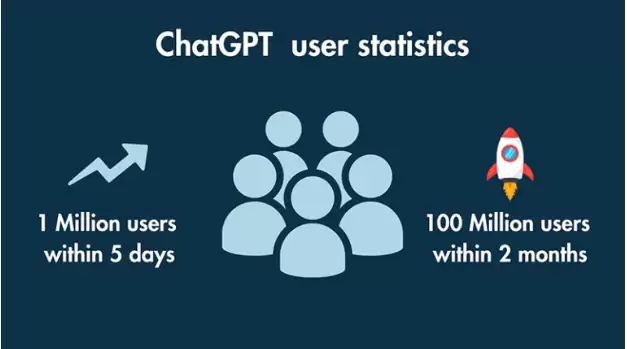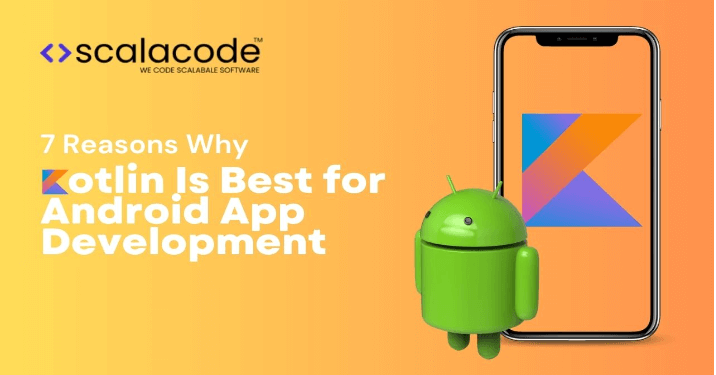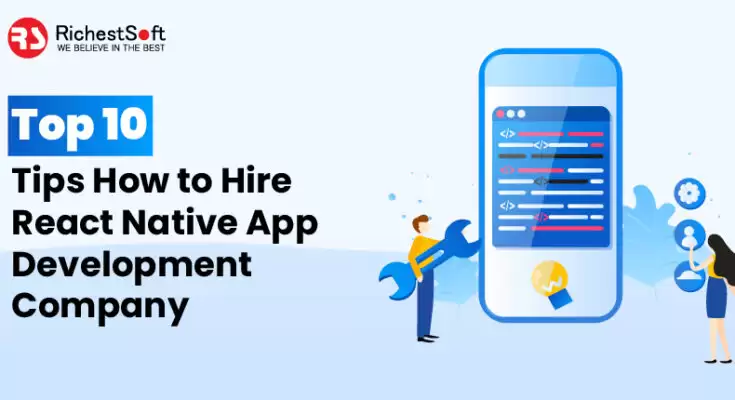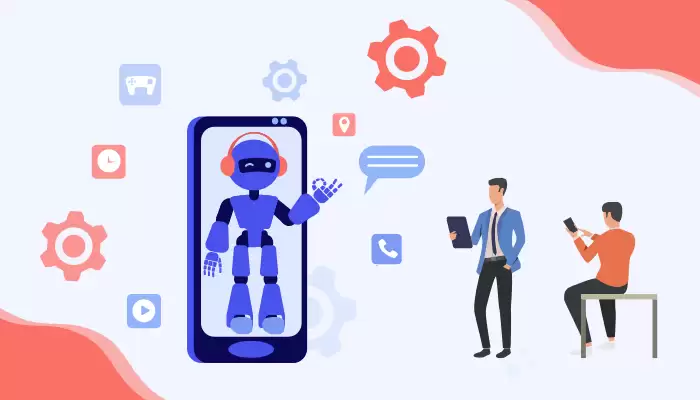Introduction:
“From Headaches to Fertility Issue: Can Chat GPT be Your Personal Doctor?” With the rise of artificial intelligence (AI), chatbots like Chat GPT have become increasingly popular in answering medical queries.
With its ability to understand natural language and respond to queries, Chat GPT has become increasingly popular in various fields, including healthcare.
However, the question remains: Is using Chat GPT for medical queries safe?
How Chat GPT Works for Medical Queries:
Chat GPT uses NLP algorithms to analyze and understand natural language queries, such as “What are the symptoms of a heart attack?” or “How can I treat a headache?” Once it has analyzed the query, it generates a human-like response that attempts to answer the question.
The Pros and Cons of Using Chat GPT for Medical Queries
Pros:
- Provides quick responses to medical queries
- Can handle a large volume of queries simultaneously
- Available 24/7
- May reduce the workload of healthcare professionals
Cons:
- May not provide accurate or reliable medical advice
- Cannot provide a physical examination or diagnose medical conditions
- May not understand complex or nuanced medical questions
- May not be able to provide personalized medical advice
Potential Risks of Using Chat GPT for Medical Queries:
While Chat GPT can be a helpful tool for answering medical queries, there are potential risks to keep in mind. “Chat GPT: Boon or Bane?” Let’s take a closer look at the potential risks of using Chat GPT for medical advice:
- Misdiagnosis or incorrect medical advice: Chat GPT is not a medical professional and cannot make accurate diagnoses or provide medical advice that takes into account a person’s individual health history or current medical conditions.
- Lack of empathy: Chatbots are not capable of providing the same level of empathy and emotional support that a human medical professional can. This can be especially important for people seeking advice about sensitive topics, such as fertility-related queries.
- Data privacy concerns: When using chatbots, people may be sharing personal health information that could be potentially sensitive. It’s important to ensure that the chatbot is trustworthy and that personal information is protected.
It’s important to take these risks into consideration when deciding to use Chat GPT for medical queries. While it can be a helpful tool, it should not replace consulting with a medical professional for accurate diagnoses and treatment plans.
Using Chat GPT for Fertility-Related Queries:
Fertility-related queries are a common area where individuals may turn to Chat GPT for answers. Chat GPT can provide information on topics such as ovulation, fertility treatments, and common fertility issues.
However, it is important to note that Chat GPT is not a substitute for medical advice from a trained healthcare professional.
There are a number of fertility-related queries where Chat GPT may not be able to provide accurate or helpful information. For example, if an individual is experiencing infertility, Chat GPT may not be able to diagnose the underlying cause of the issue.
In these cases, it is important for individuals to seek medical advice from a fertility specialist who can provide a personalized treatment plan.
Conclusion:
In conclusion, using Chat GPT for medical queries can be beneficial in some cases, but there are also risks associated with its use. It is important for individuals to understand the limitations of Chat GPT and to seek medical advice from a trained healthcare professional when necessary.
When it comes to fertility-related queries, Chat GPT can provide helpful information, but it should not be relied upon as a substitute for medical advice from a fertility specialist.








